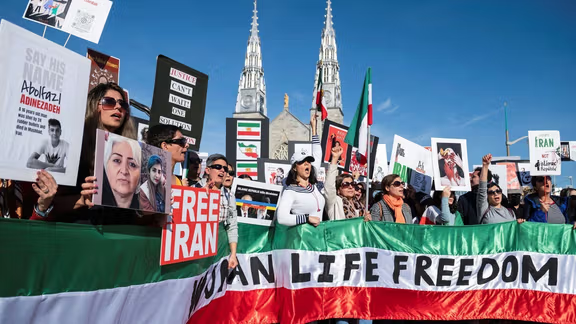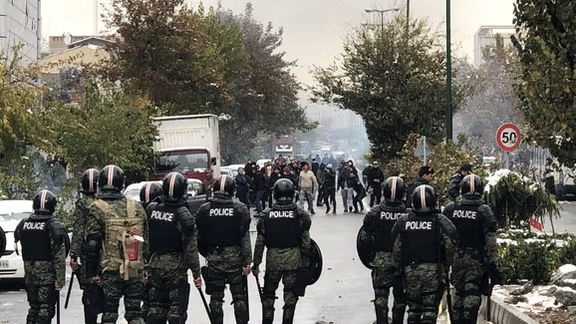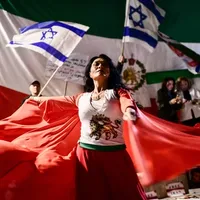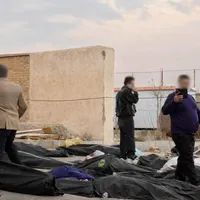Afkari's death remains a searing reminder of Tehran's willingness to crush dissent, even when the world is watching.
As former wrestlers, we tried to raise his case at the highest levels. And US president Donald Trump took note—in what became the first known public effort by an American president to halt the execution of an athlete.
“Hearing that Iran is looking to execute a great and popular wrestling star, 27-year-old Navid Afkarai, whose sole act was an anti-government demonstration on the streets,” he posted on Twitter on Sep. 3, 2020.
“I would greatly appreciate if you would spare this young man’s life, and not execute him. Thank you!”
Afkari was convicted of killing a security guard during 2018 protests but said in an appeal that he had been tortured into a confession used against him in court and later broadcast on state television.
Spurned pleas
Trump’s message amplified Afkari’s plight, alongside appeals from UFC president Dana White, decorated Olympians, and thousands of athletes worldwide. Yet the International Olympic Committee (IOC) and United World Wrestling confined themselves to quiet, private appeals.
IOC president Thomas Bach later admitted he had made “direct personal appeals to the Supreme Leader and to the President of Iran” asking for mercy.
Those backchannel efforts failed and Afkari was hanged.
Two years later, on September 16, 2025, Mahsa Jina Amini died in morality police custody, igniting the Woman, Life, Freedom protest movement. Both Amini and Afkari became cause célèbres of those who oppose the theocracy.
Iranian athletes continue to pay a heavy price: karate champion Mohammad Mehdi Karami was executed in 2023, footballer Amir Reza Nasr-Azadani is serving a 26-year sentence, and swimmer Parham Parvari faces a possible death penalty.
Iran’s National Olympic Committee is run not by athletes but by loyalists to the Islamic Republic, including a former bodyguard to supreme leader Ali Khamenei.
International sport has long offered the rulers in Tehran prestige they deny their own people. Cutting that lifeline could matter more than another round of statements.
The IOC and federations should commit to automatic bans if athletes are executed for dissent. Washington and its allies can reinforce this with sanctions targeting sports and security officials complicit in abuses.
Admittedly, sanctions or suspensions carry a cost: innocent Iranian athletes risk losing their chance to compete internationally, and the authorities will use this to stoke nationalist anger.
But the alternative—allowing executions to pass without consequence—leaves the regime with impunity and athletes with no protection at all.
Clear, consistent penalties would make it harder for Tehran to treat sportsmen and women as expendable.
Afkari and Amini are remembered as symbols of courage. Honoring them today requires action, not silence.













